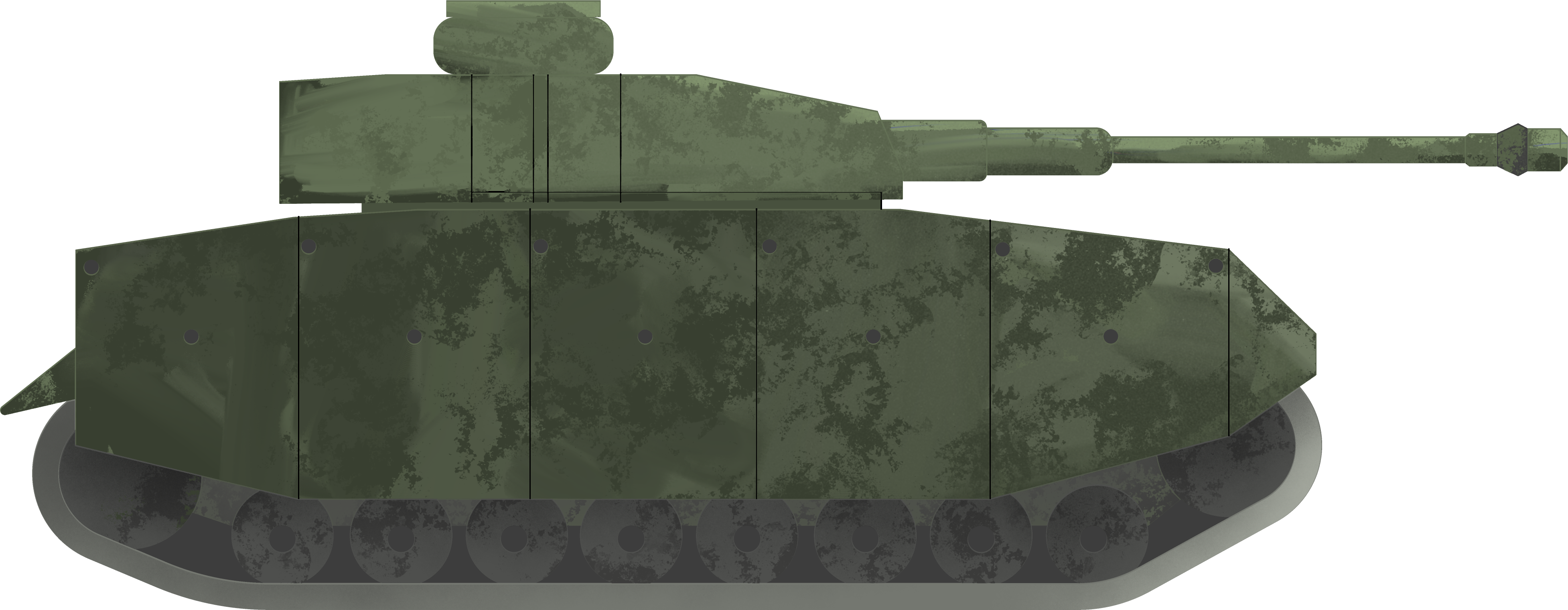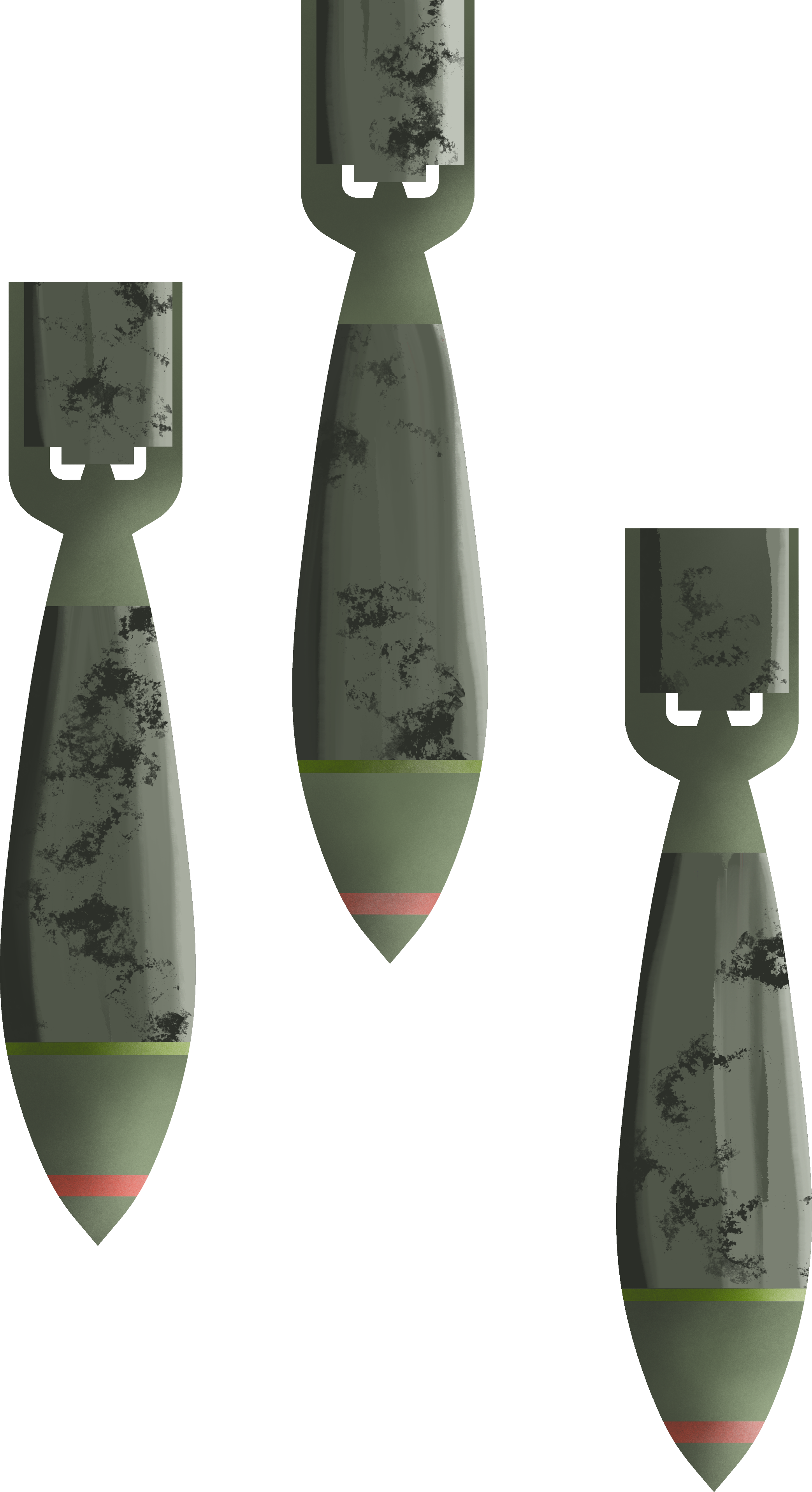How does trauma affect mental health?
Experience of Ukrainians
Research
Anxiety and sleep mutually influence each other. Since February 24th, Ukrainians have been in a vicious circle: the more disturbing the events, the lower the quality of sleep. Accordingly, poor rest further increases anxiety and affects physical and mental well-being. The developers of DreamApp conducted a sleep quality research study to show how stress caused by the war and external circumstances continues to affect the dreams and mental health of Ukrainians.
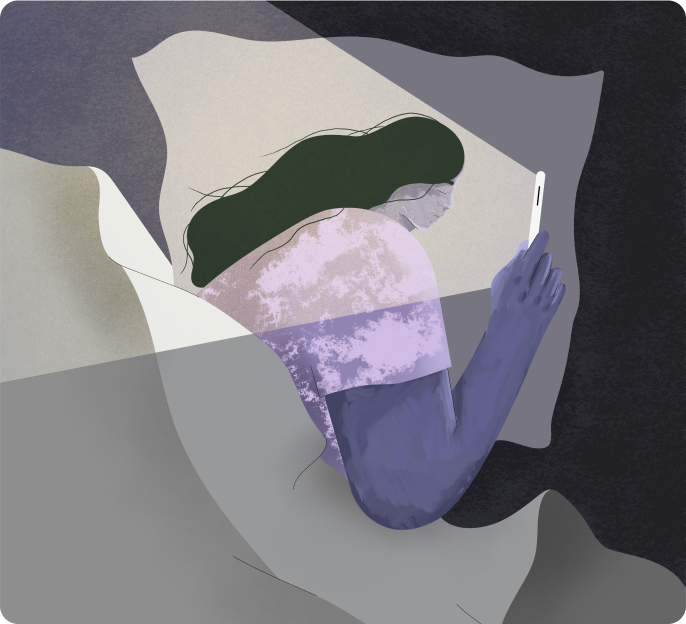
The DreamApp survey involved
745
people.
Analysis of their dreams showed that the psyche adapts to reality in different ways. Some people see the disturbing events repeated in their dreams while others are transported by their mind to safer times, allowing them the opportunity to rest for at least a few hours.

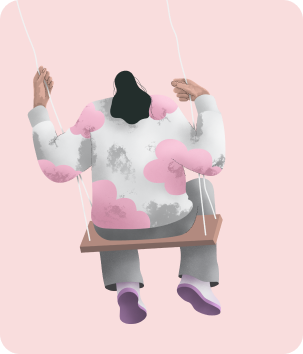
“The most memorable dream was the one in which I was happy, – one of the survey participants said. – It happened at the beginning of the full-scale invasion. I dreamt that it was a beautiful day, there was peace in the world, and I was successful at work. I felt inner warmth and real joy. And then I woke up in the basement and reality hit me hard. I haven’t had such dreams since then.”
Many respondents noted that dreams became more vivid and expressive. When waking up, 82.6% of participants remember their dreams, which indicates superficial sleep that does not provide a full rest.
In comparison, some medical researchers* have demonstrated that about 80% of patients, woken up at their Rapid Eye Movement (REM) sleep phase, can remember their own dreams, whereas, in clinical practice, young adults can remember their dreams on their awakenings only once or twice a week.
82.6%
of participants remember their dreams
pages.research.respondentsNotes.firstTextMobile
pages.research.respondentsNotes.percent
pages.research.respondentsNotes.percentDescription
pages.research.respondentsNotes.secondTextMobile

Jesse Lyon
Chief Dream Scientist at DreamApp and a licensed mental healthcare professional said:
When the brain does not receive enough sleep, traumatic experiences cannot be processed adequately, causing further strain on mental health. It effectively traps these experiences in the brain causing a state of constant tension and heightened fight-or-flight response.
“The numbers we are seeing in this survey show a dramatic increase in dream recall. Research even just this year shows that normal recall is one to two times per week, not the staggering 82.6% reported. These numbers are typically seen when research participants are woken up abruptly during the REM cycle of sleep.”
When the brain does not receive enough sleep, traumatic experiences cannot be processed adequately, causing further strain on mental health. It effectively traps these experiences in the brain causing a state of constant tension and heightened fight-or-flight response.
According to the DreamApp research, dreams about work or loved ones are seen by 19.1% and 28.2% respectively. Much more respondents have disturbing dreams:
69.1%
see war
29.7%
see death
20.5%
see falling
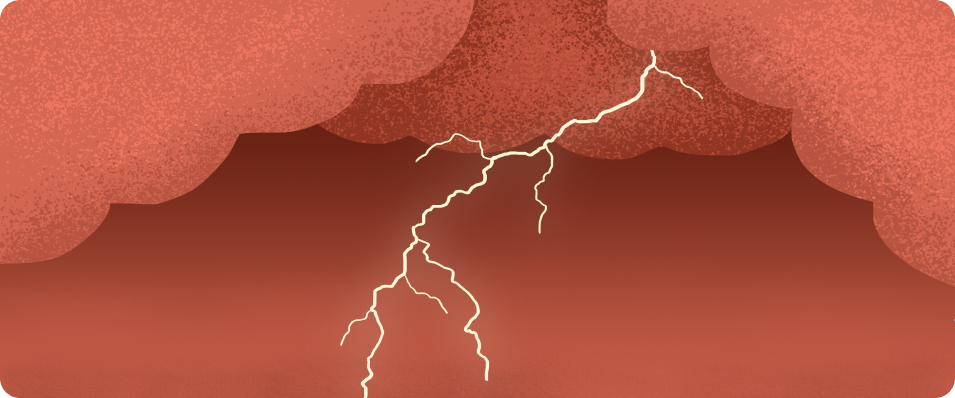
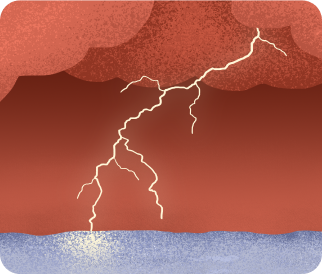
“One of the dreams I remember: me and my neighbors, including quite a few children, were in the yard. Rocket fire started right in this yard, sometimes a little further, but above us. I was running towards the house between the explosions, and was lying down during them. There was panic, fear, screams and chaos around, during which people couldn’t think rationally and protect their heads by lying down,but just ran in all directions.”
“When we dream, the mind is looking for solutions. It tries to replay troublesome events or imagine the worst possible outcome so that it can prepare for how to respond in these scenarios. This means that those affected by the war experience terror by day and again in their dreams when they sleep.” – Jesse Lyon explains.
In wartime, anxiety for loved ones runs through the life of every Ukrainian. And this is reflected in the dreams shared by the participants:
“I had a dream about a rocket hitting my apartment, my death and the death of my boyfriend, after that – active hostilities in front of my eyes, murders, russian soldiers. After two or three months such dreams began to appear less often, but they still occur during the week.”


With the beginning of the war, disturbing dreams came to 75.7% of Ukrainians.
Sometimes they are remembered because of the atmosphere:
“I was constantly running away from someone at night. They were chasing me and I couldn't hide anywhere. And it was night, an unfamiliar place, and I was alone.”
The war concerned every Ukrainian and will resonate in dreams and memories long after its end.
Have you had dreams about explosions, rockets, or shots since the start of full-scale war?
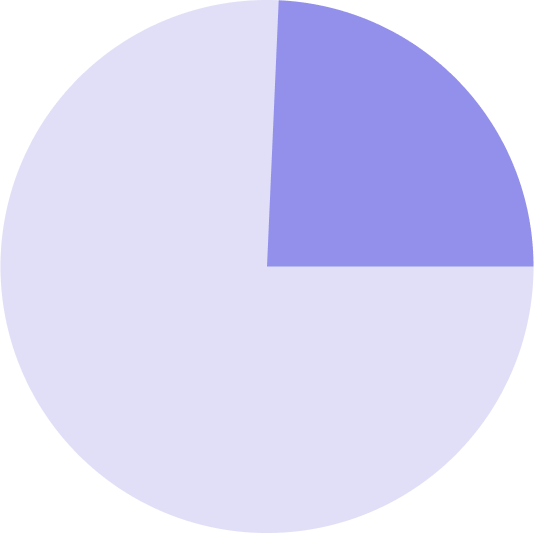
Yes - 75.5%
No - 24.3%
64% of the respondents noticed that quality of sleep and dreams has radically changed after the start of full-scale war, 28.6% noticed not so significant change, but in general 95% had more anxious and worrying dreams
What exactly kills you in your sleep?
*You can choose several options
Rocket – 43.6%
Weapon – 11.4%
Knife – 7.7 %
Tank – 6.2%
Other – 22.4%
Do not have such dreams – 41.3 %
69.1% of the respondents have dreams about war, and in 60% of cases they are regular (a couple of times per month or even per week)
Have you had dreams about yourself as an active participant in the war?
Yes – 48.2%
No – 51.8%
What about dreams?
5 real dreams during the war

Dream about chilhood

Anxious dream

Abstract dreams

Realistic dream

A war participant
Want to know more? Get in touch with us:

